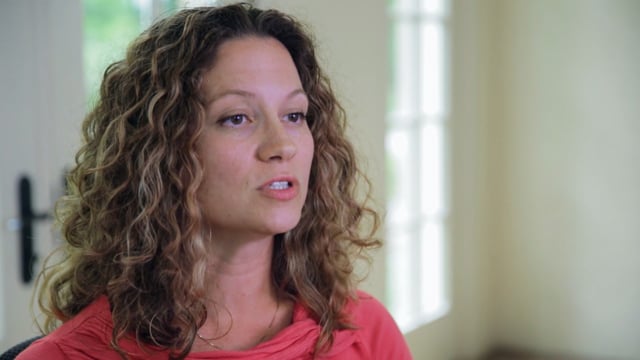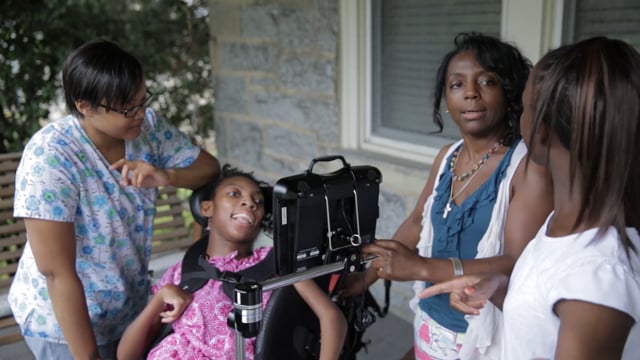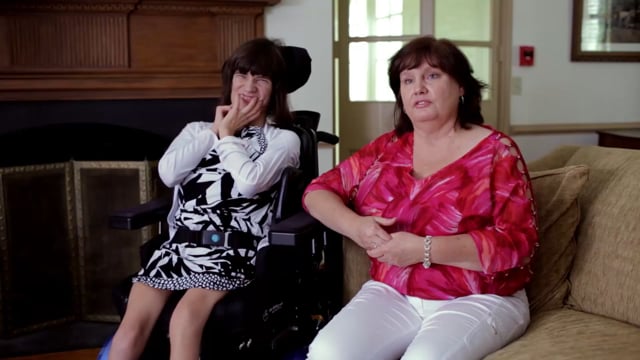- Parents Home
- Para Padres
- A to Z Dictionary
- Allergy Center
- Asthma
- Cancer
- Diabetes
- Diseases & Conditions
- Doctors & Hospitals
- Emotions & Behavior
- First Aid & Safety
- Flu (Influenza)
- Food Allergies
- General Health
- Growth & Development
- Heart Health & Conditions
- Homework Help Center
- Infections
- Newborn Care
- Nutrition & Fitness
- Play & Learn
- Pregnancy Center
- Preventing Premature Birth
- Q&A
- School & Family Life
- Sports Medicine
- Teens Home
- Para Adolescentes
- Asthma
- Be Your Best Self
- Body & Skin Care
- Cancer
- Diabetes
- Diseases & Conditions
- Drugs & Alcohol
- Flu (Influenza)
- Homework Help
- Infections
- Managing Your Weight
- Medical Care 101
- Mental Health
- Nutrition & Fitness
- Q&A
- Safety & First Aid
- School, Jobs, & Friends
- Sexual Health
- Sports Medicine
- Stress & Coping
Autism Special Needs Checklist: Teens & Young Adults
When your child with autism spectrum disorder (ASD) becomes a teen, it's time to start planning for their future after high school — where your child will live and whether they'll go to college or technical school, find a job, go to a day program, or something else.
Transition planning can help. With guidance from your teen's school and doctors, and your state's government agencies, you can make your teen’s move to adulthood as smooth as possible.
Here are 6 steps to consider.
Step 1: Start the Transition Plan
Some schools start planning for a teen's future at age 13 or 14. By federal law, a transition individualized education program (IEP) must be started by age 16. The transition IEP addresses whether a teen is able to:
- Stay in high school until the end of the year that they turn 21. This extra time can allow students to complete graduation requirements or learn job skills. Students also may work on independent living skills, including how to get around on public transportation and handle money.
- Complete the requirements for a high school diploma. If your teen is not on the diploma track, what will it take for them to earn a certificate of completion or attendance?
- Go to college or trade school, and if so, how to get there.
If higher education isn’t a good fit, a job or day program where your teen takes part in the arts and other activities might be better.
The IEP team will talk with you and your teen about goals for the future.
The transition IEP also addresses where your teen will live as an adult. If independent living, supervised living, or a group home are possible, the IEP may outline what supports can make this happen.
Step 2: Register Your Teen
Your state's developmental disabilities agency may be able to connect you with services that help your teen. You must register your teen with the agency. Waiting lists for some programs, like group home placement, can be as long as 10 years, so sign up as early as you can.
To learn more about benefits for your teen and how to apply, visit the U.S. government's Benefit Finder.
Step 3: Explore Education After High School
If your teen is interested in higher education or job training, there are many paths to take, including:
- Traditional 4-year colleges. Colleges should have an office of disabilities services that can help your teen. Some schools have support programs, peer mentoring, and flexible schedules to suit your teen's pace of learning. Online degree programs may be good for students who learn better outside a classroom setting.
- Community and 2-year colleges. Some community colleges have special programs for adults with developmental disabilities. See if there are any in your area.
- Vocational or technical/trade schools that give teens hands-on training in a variety of trades.
- Adult education that teaches life skills like cooking and cleaning, and job training. If your teen didn't have these classes in high school, check with local community colleges.
Talk with teens about what they’re interested in and able to do. If you need help, meet with a job coach.
Teens are growing and learning each day. By the time high school ends, they may want to go in a different direction. So be flexible and keep options open.
Step 4: Do the Legal Work
When teens turn 18, they're legally adults. If your teen can’t make decisions about medical or money affairs, you might want to get a legal document called a power of attorney. This will let you keep making medical or financial choices for them.
Also, look into health insurance. Young adults can stay on a parent's private health insurance until age 26. After that, they might be able to get health coverage through Medicaid. Teens may also be eligible for Social Security and Supplemental Security Income. Find out what benefits your teen is entitled to.
Now is also time to take another look at your will. You might have other kids who are becoming adults. Consider talking with them about the care your teen will need in adulthood and whether they want to help.
Step 5: Talk About Sexuality
Teens’ bodies are maturing. This means they might want to have relationships that include sex. If your teen is able to, have them talk with their doctor about birth control and sexually transmitted diseases (STDs).
Unfortunately, people with disabilities are more likely to be victims of sexual assault. So it's important to talk with your teen about good touch versus bad touch and appropriate sexual behavior. Let them know to come to you if someone touches them in an inappropriate way or asks them to do something that makes them feel uncomfortable.
Step 6: Find New Doctors
Most doctors who care for kids and teens need their patients to switch to adult care by age 21. Talk with your teen’s current care providers for referrals to others who work with young adults. You can also ask friends and autism support groups, or get more information online at:

What Is Health Surrogacy?
Find out how the health surrogacy law may help your child in emergency situations.

Being Your Child’s Advocate
Advice for getting the services and programs your child needs.

What Is Guardianship?
Learn how to become the guardian of your adult son or daughter.
- Autism Spectrum Disorder
- Special Needs: Planning for Adulthood (Video)
- When Your Child Outgrows Pediatric Care
- Autism Factsheet (for Schools)
- Autism Checklist: Babies & Preschoolers (Birth to Age 5)
- Autism Special Needs Checklist: Big Kids (Ages 6–12)
- I Think My Child Might Have Autism. What Should I Do?